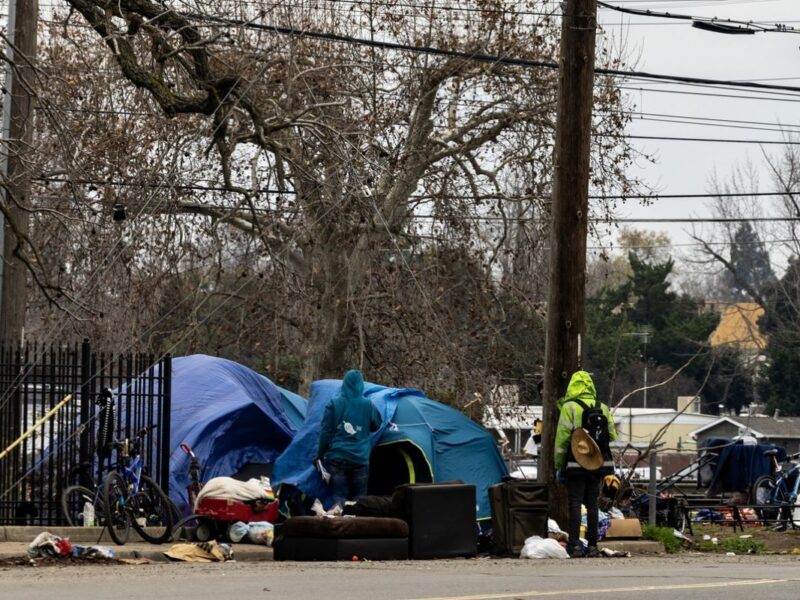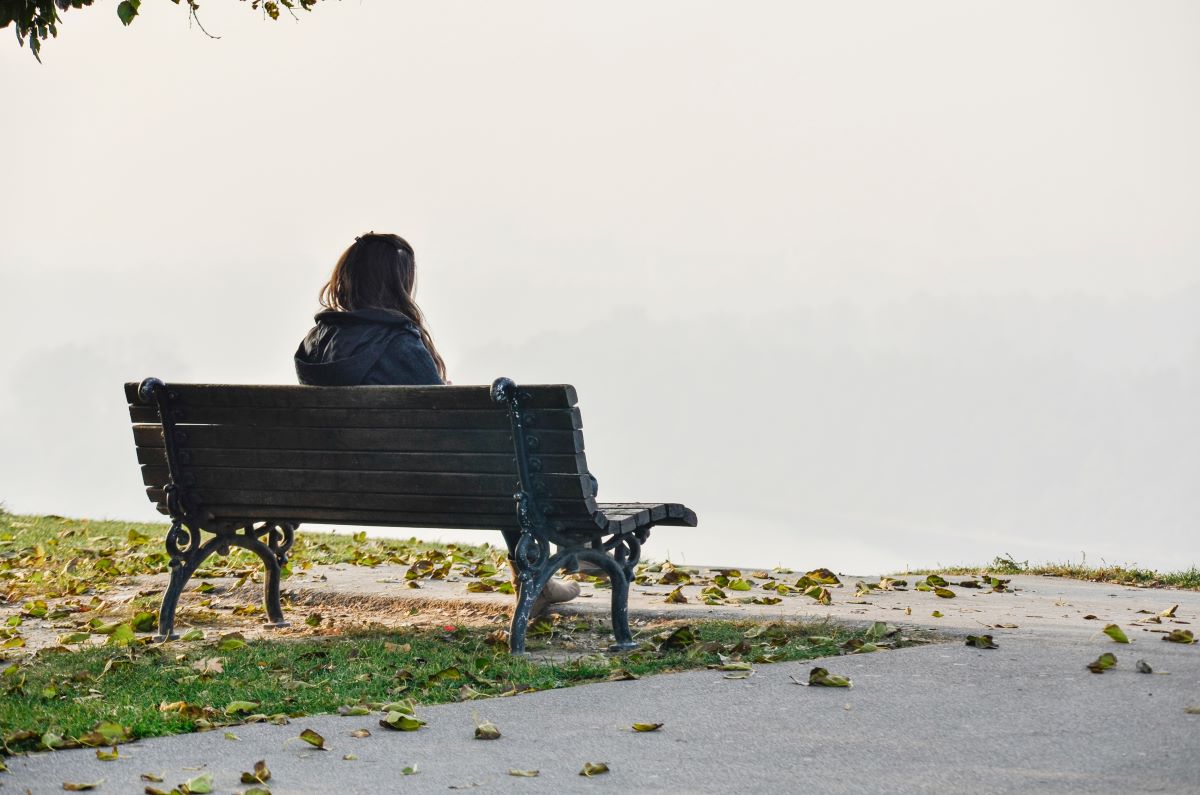Editor’s Note: If you would like to help Loki, please visit her GoFundMe page.
After 42 days, I finally got my van back.
People say, “Oh, you must be so happy!” and I say, “Happy? No. Grateful and relieved, yes.”
The fact is, it’s hard to be happy about much of anything when you are a homeless person. Sure, you can have fleeting moments to smile about something pleasant, but few people I know who are in my boat are experiencing a happy life.
For anyone living with ongoing housing insecurity or who has been or is currently homeless, life is rarely a happy experience.
No one in their right mind would sign up for homelessness intentionally. This does not include people who identify as “nomads” and who choose to live in vehicles as an alternative to housing. I’d argue that most of those people have interesting stories as to why they are choosing that.
I’ve seen young people in their early to late 20s choose #vanlife as a lifestyle. But the hardships of living that way will rarely impact the young. Many of those people are doing it as a way to see the country and make money at the same time.
Those are people who usually have no attachments. Their parents are still young enough to be healthy and on their own, and they themselves haven’t had children yet. Freedom from responsibility and youth makes it the perfect time to go out and experience that lifestyle if one so chooses.
However, it’s a very different situation if you are not both young and healthy.
There are cases of people who have certain types of disabilities, either from birth or due to accidents, who can live the #vanlife lifestyle despite those disabilities. For instance, I saw a video of a woman who had no use of her legs and yet could live in her van and participate in sports and other activities. So, if she can do it, why can’t people like me do it, too?
Well, for one thing, she had money. Her van was fully outfitted for her. She was also healthy. Her legs didn’t work anymore due to an accident, but she had the kind of healthcare, rehab, and support to get her back in the game of life. She also didn’t have a chronic illness.
There is a huge difference between what somebody with tons of support and money and overall good health can achieve versus what happens with people like myself, whose ailments are not visible on the outside but are debilitating to the point of making your life intolerable. This is made worse for those of us without invisible hands to hold us up.
What is especially difficult, though, is that the public is trained to believe that only visible disabilities matter or count.
So, if the lady who is paralyzed can still do wheelchair sports, she should serve as the “poster child” for disabilities. Right? She should exemplify what can be achieved with a “go get ‘em” attitude and a will to achieve. In fact, some people in that situation become motivational speakers and self-help gurus.
The reality is that people who have good health and who can overcome some physical impediments are lucky. They don’t feel sick day in and day out. They can participate in life, and they can earn money. They can achieve many great things. However, if the same person were forced to live with chronic illness and autoimmune conditions, they’d be having a very different life.
In my opinion, those who can achieve and feel healthy despite a physical impediment shouldn’t be held up to the public as champions of disability. They are individual stories about individual people who succeeded despite adversity, and that is awesome, yes. However, they didn’t overcome or even face the life you get handed when you are stricken with lifelong illness.
When I first saw an internist who specialized in several common chronic illnesses, the very first question she asked me was whether I had ever been stricken with a severe viral condition. Her second question was what sort of childhood I had.
I didn’t hesitate on either question, though I found them shocking because they were so on target with me. Yes, I had a month-long bout with mononucleosis at age 16 (which was a total mystery since I’d never had the sort of physical contact with anyone that is said to be where you first get infected; so much for it being the “kissing disease”).
A year later, I had a severe viral illness that landed me in the hospital with IVs. In that case, they didn’t know what it was and just labeled it a “viral syndrome,” which sealed my fate.
As for my childhood, I was abused both physically and emotionally by a person with three diagnosable mental conditions who never should have been allowed to adopt children. I was regularly beaten and told that I was worthless and shouldn’t have been born. That was my childhood.
Her OCD centered around cleaning, and it ruined the lives of everyone in her orbit. Having narcissistic personality disorder and bipolar 1, the OCD was ramped into hyperdrive.
The internist knew that if she tested my blood, she would find that I tested positive for having had Epstein Barr Virus, and she knew 15 years ago that EBV played a critical role in the health outcomes for people like me. Chronic fatigue and fibromyalgia, as well as other chronic conditions, including multiple sclerosis (I have all three conditions plus a few more), seem to occur in people who have EBV.
Only now am I seeing more and more information about this because of long COVID. When you are stricken with COVID, your immune system gets weakened as it’s busy fighting the virus. During that time, other viruses you live with get a chance to reactivate and wreak havoc!
Facing decades of poor health due to several illnesses with no cure and only the prospect of worsening and debilitating you, facing extreme poverty due to those things, and facing life with very little support tell me where happiness comes in.
Housing insecurity fears are gripping, and the high levels of constant stress destroy your health and raise your inflammation levels. There’s no relief and no hope in sight. The housing crisis is getting worse, and 2024 is predicted to see another rise in homelessness. If my life serves as anything, I hope people can see it and say, “Thank heavens I’m not her.”
P.S. – As of publication, the check engine light in my van came back on.











